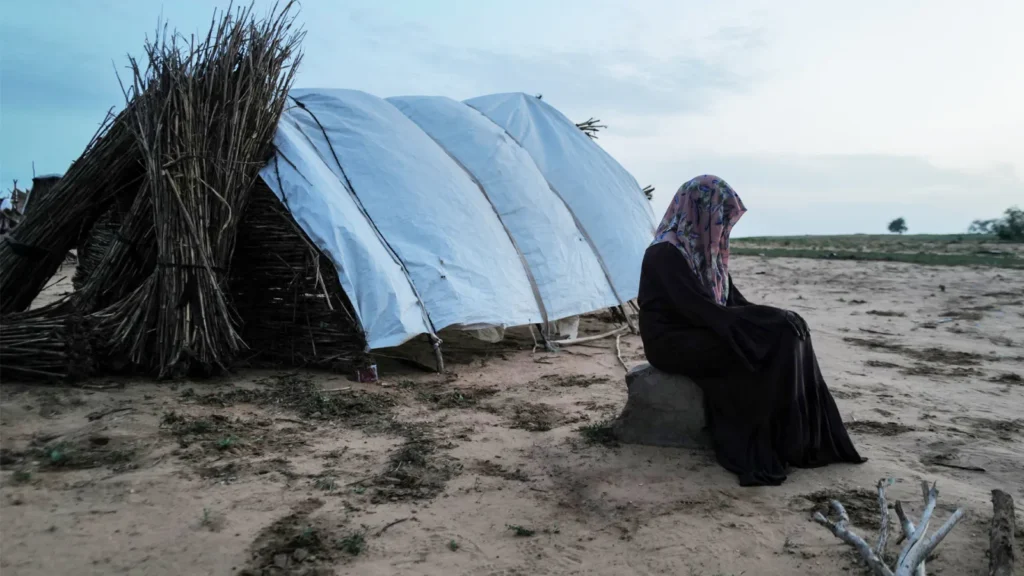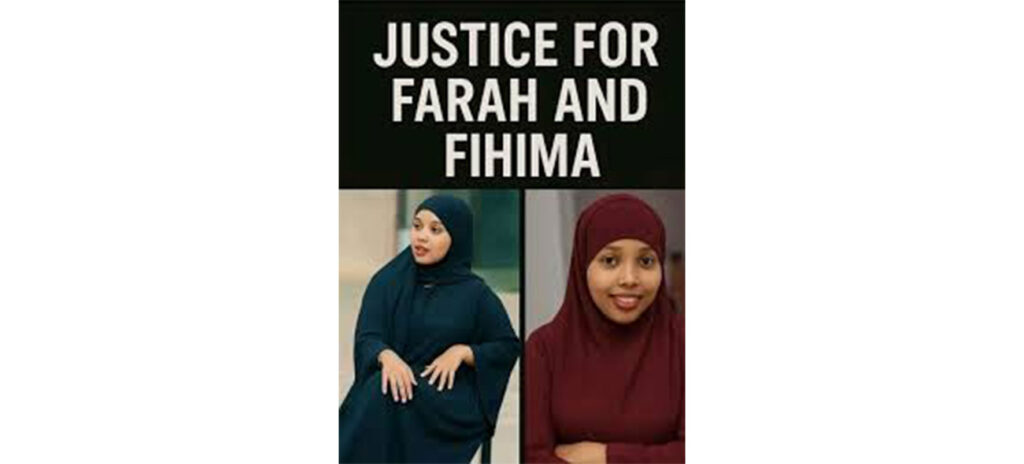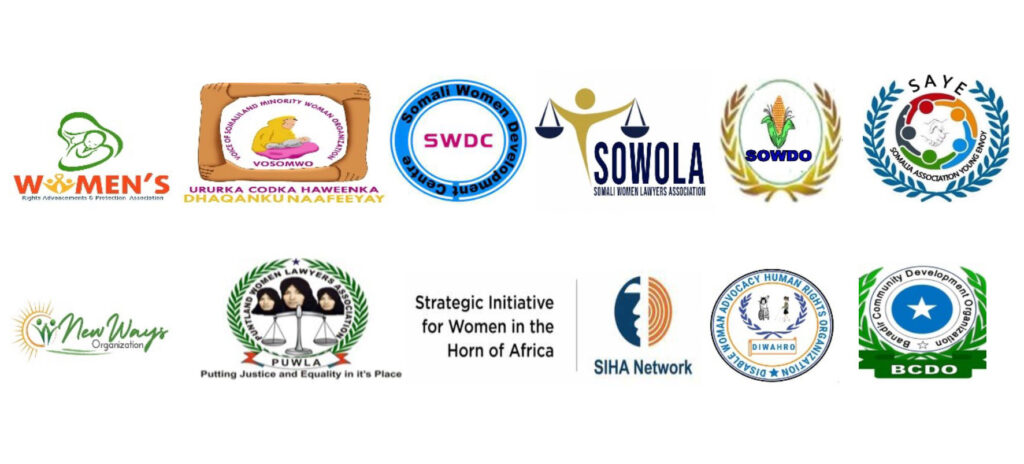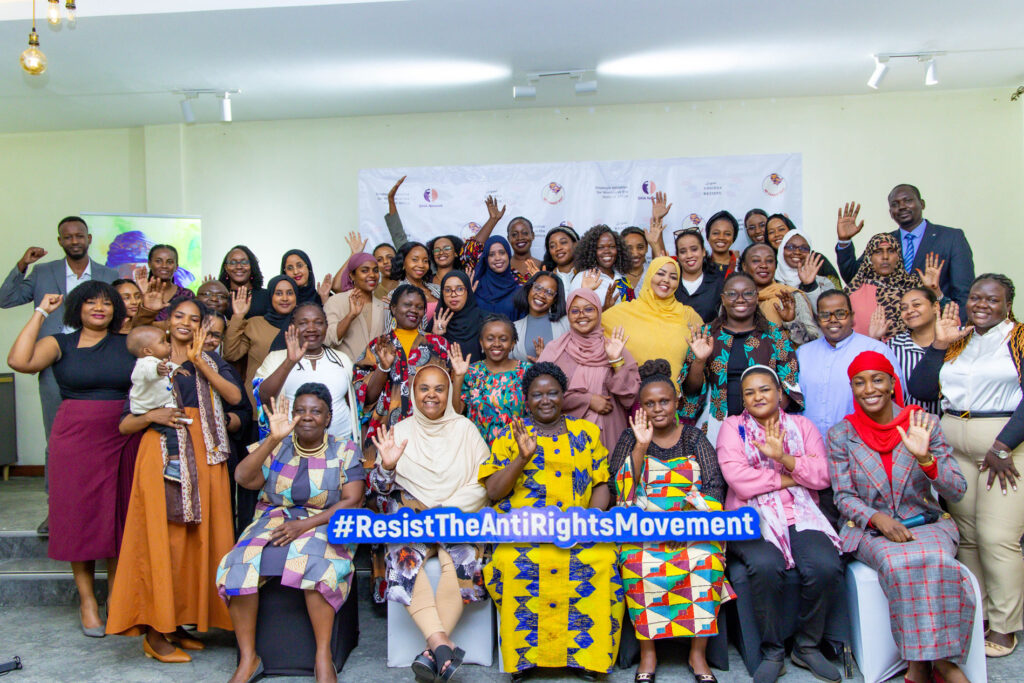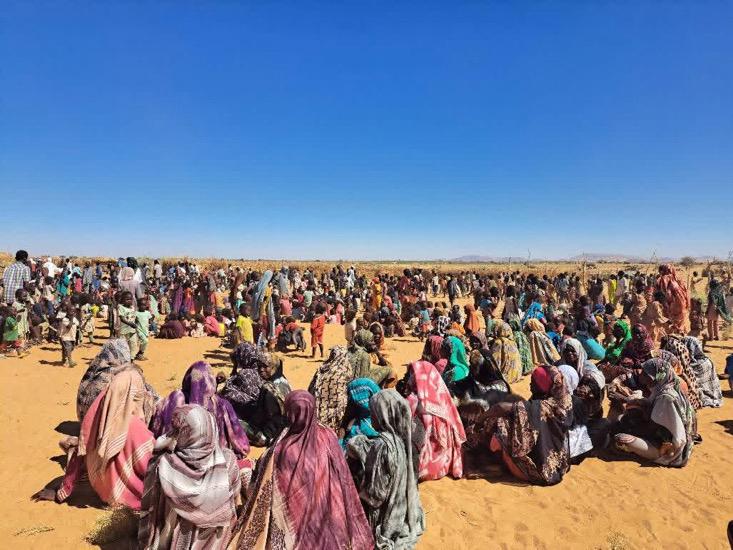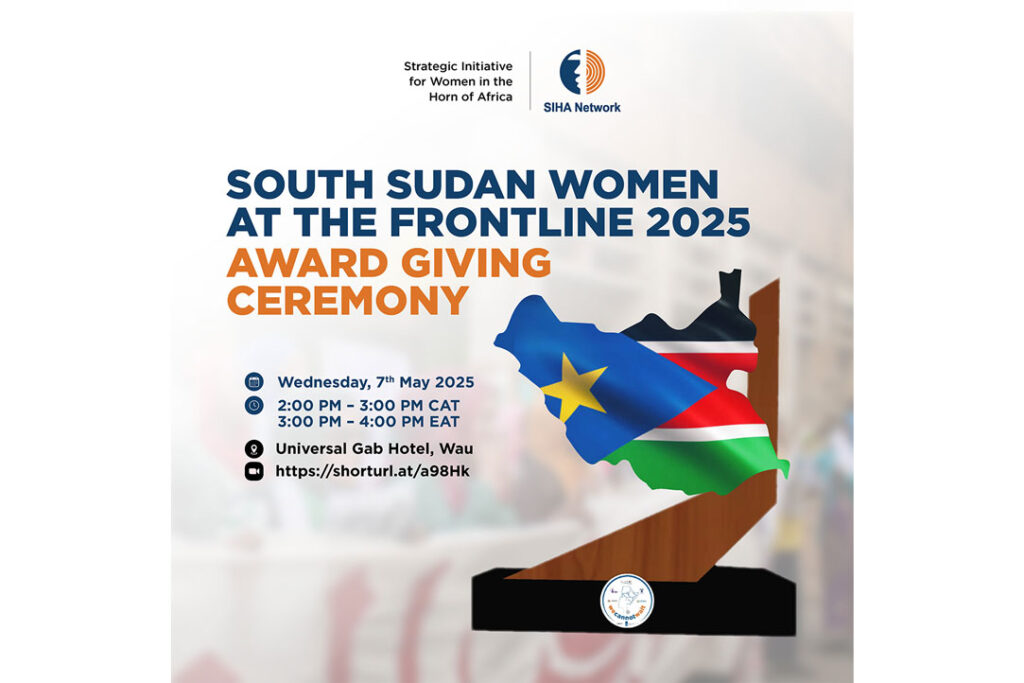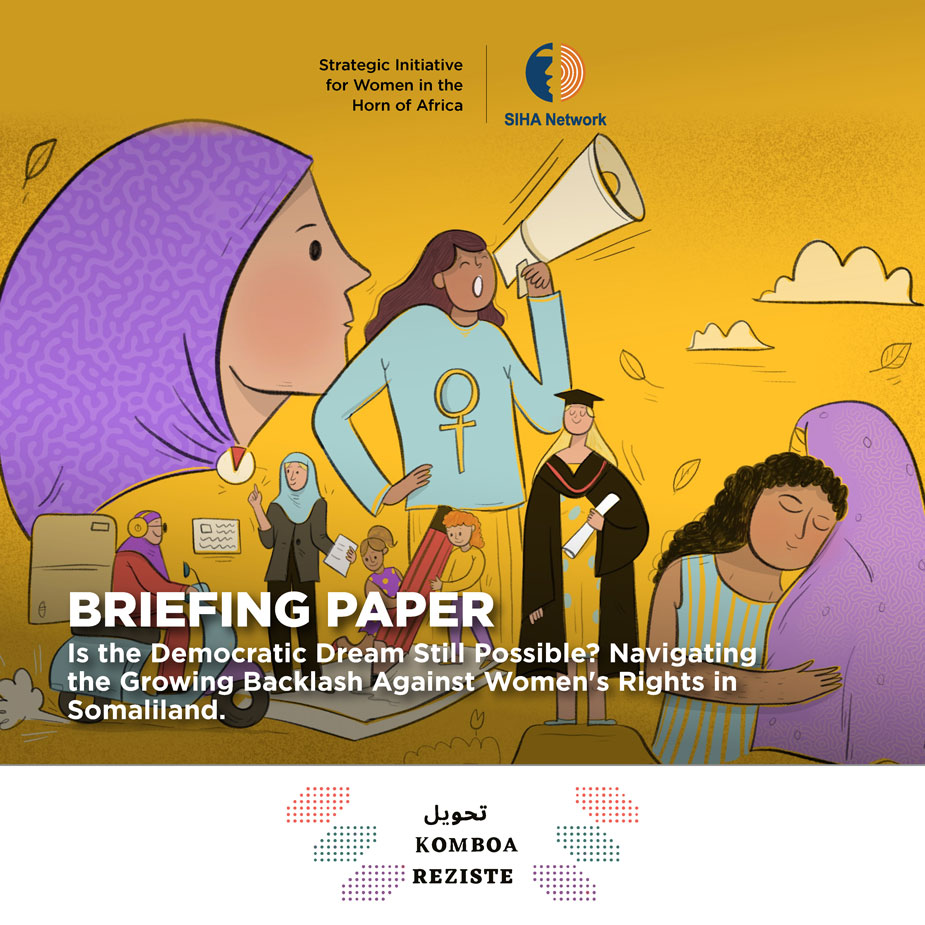As violence against women rises in Sudan, frontline groups need urgent support
The woman’s screams for help drew neighbours together, and the perpetrators quickly fled. But attacks continued in the hours that followed – with two more women from the same area gang-raped inside their homes
As violence against women rises in Sudan, frontline groups need urgent support Read More »

